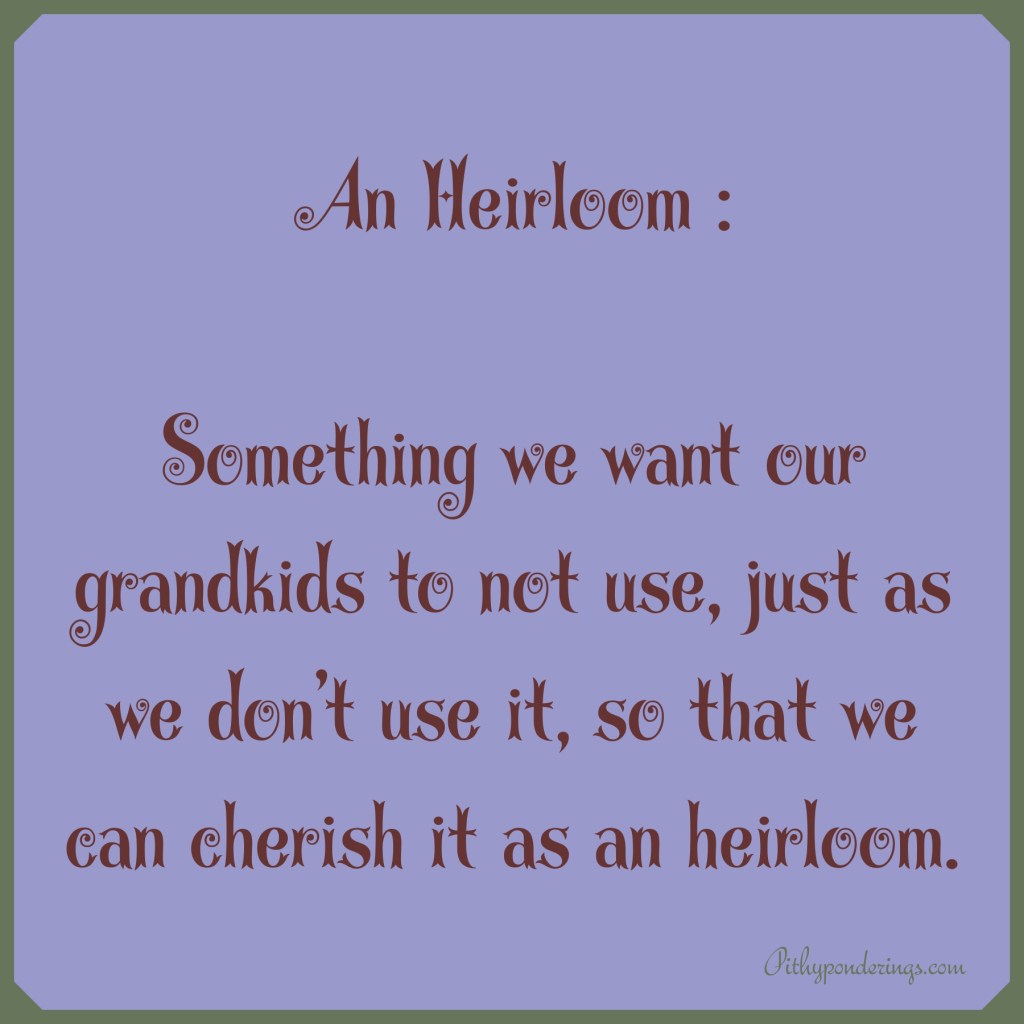 In a world where there are so many in need of food, warmth, and shelter, it is up to the giver to gift responsibly. Intent will never be of greater value than a gift received by one who truly benefits from it.
In a world where there are so many in need of food, warmth, and shelter, it is up to the giver to gift responsibly. Intent will never be of greater value than a gift received by one who truly benefits from it.
There are many reasons a person creates items that end up in charity boxes. I personally find knitting, crochet, etc. helps relieve my stress. However I would not want something that helps reduce my stress to become the thing that causes someone else stress. An act of compassion, love, or charity should come unburdened by expectation. Yet, society seems to demand that well-meaning gifts be accepted with meekness, even when the gifts cause burden or harm.
Year after year, well-meaning people gift friends and family with the handmade items, many also donate hats, scarves, and blankets to charitable causes with the hope that their efforts will bless the lives of the recipients. Each year, I read social media the complaints made by disappointed givers who find that their gifts have not been received with gratitude or with excitement. This is a reality in the world of handmade gifts. These posts are usually accompanied by comments of support for the gift-giver, and the general criticism for those who do not accept the gift with glee, or at least with feigned pleasure.
This year I have seen something new – an attack on a recipient who found the receipt of charity to be a burden, and who was rightfully justified in their feelings. Justification did little to mitigate the condemnation they received.
In the years following the U.S. decision to pursue military action in Afghanistan, there have been many charitable organizations dedicated to sending care-packages to troops serving far from home. In the early years, sending a box to “any service member” would get a package delivered to some random service member. Safety, security, and practicality have ended such deliveries. Now for such charitable deliveries to be received, an actual recipient’s name is required. Unfortunately, this means that organizations need a recipient, and it seems they are not worried about gaining the permission of the recipient before sending the care-package.
There are many reasons that the unsuspecting recipient might find it problematic to receive unsolicited gifts, but when their name is used by a charitable organization as the end point of 20, 30, 40 or more packages, there is little doubt that they would have a problem. The charity might envision a gleeful recipient acting as Santa as they hand out package after package to associates, but not all service members are in situations where they can do this.
Local, national, and international charities all seem to agree that random donations are problematic and not nearly the blessing that monetary funds provide. Sending unsolicited items and care-packages often cost time, energy, and money. The act of charity becomes the opposite – it becomes a burden.
Charity and gift-giving should not cause hardship or stress for the recipient. It is not just the thought that counts. The very basis for giving a gift is the rooted in a caring for another person, even a stranger. The joy of making a gift will never compare to knowing that gift is welcomed. Therefore, responsible gift-giving is paramount.




 In a world where there are so many in need of food, warmth, and shelter, it is up to the giver to gift responsibly. Intent will never be of greater value than a gift received by one who truly benefits from it.
In a world where there are so many in need of food, warmth, and shelter, it is up to the giver to gift responsibly. Intent will never be of greater value than a gift received by one who truly benefits from it.